Carving Your Story
by Julia Keefer, Ph.D. Copyright 2002-2006
Part 5: Style, Substance and Spectacle
Language-Let's eat the dinner
Chapter Twenty-Five:  Forks or fingers? Bite-size or big size? Greedy, famished or polite? Next time you are in a restaurant or at a large dinner party, observe how everyone eats. Some cultures eat with their fingers or chopsticks.
Forks or fingers? Bite-size or big size? Greedy, famished or polite? Next time you are in a restaurant or at a large dinner party, observe how everyone eats. Some cultures eat with their fingers or chopsticks.  Chopsticks require manual dexterity and you only get a bit of food at a time, like a Japanese haiku poem.
Chopsticks require manual dexterity and you only get a bit of food at a time, like a Japanese haiku poem. 
Your words are morsels of food, and you create a style based on vocabulary or word choice in sentences and paragraphs in prose, or stanzas, lines and word fragments in poetry, or dialogue and action in a screenplay. No matter how grandiose your world or deep your characters, the reader only gets these words on a page, which must be converted into something in their imaginations. 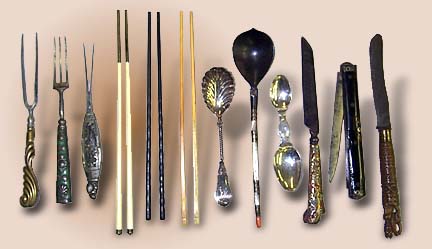 Your first draft can be for yourself, your second for your story, characters, and structure, but eventually you need to do a draft where you are aware of what utensils and servings you are giving to your reader.
Your first draft can be for yourself, your second for your story, characters, and structure, but eventually you need to do a draft where you are aware of what utensils and servings you are giving to your reader.
Ulysses and Satantic Verses or The Da Vinci Code? Do you want to simplify your syntax and vocabulary to make it understandable to all ages and educational levels, or do you want to explore the richness and complexity of language, even if it means that many people will misunderstand or be unable to even read your work?
If you are studying literature, you may begin the close textual analysis by examining the utensils and portions of food, that is, why writing down each word and then analysing the lines in a poem, or the sentences in a work of fiction. You look at what these words denote, or mean in a dictionary, as well as connote, that is what they imply or suggest.
Screenwriting Format
When a story unfolds on the screen, it seems larger than life, but a screenwriter only works with two modalities--action and dialogue that must be encased under a Scene Heading of some kind.
Chapter Twenty-Six: Tasting.  Sensory description. Smell, taste, hear, see, feel the food. Different tastes for different folks. Global literature. Develop your taste buds with jokes, puns, figures of speech, rhythm, rhyme, and tone color.
Sensory description. Smell, taste, hear, see, feel the food. Different tastes for different folks. Global literature. Develop your taste buds with jokes, puns, figures of speech, rhythm, rhyme, and tone color.
Because of their geography, history, and cultural traditions, different cultures have given priority to different senses. In a desert climate where dust storms can obliterate everything, sound assumes paramount importance. In Muslim countries there is nothing more sacred that the muezzin's call to prayer. Arabic writers rely on auditory cues. On the other hands, Chinese and Japanese are based on visual symbols. Chinese writers like Gao Xi Jian and Anchee Min rely on visual imagery to tell their story. Some writers like Marcel Proust and Patrick Susskind use the olfactory and gustatory senses to recreate a world of smell and taste in Remembrance of Things Past and Perfume.
Chapter Twenty-Seven: Chewing,  Do you want to breast feed your audience? Swallowing and Spitting
Do you want to breast feed your audience? Swallowing and Spitting.jpg) Sometimes you want them to go, "ugh!"
Sometimes you want them to go, "ugh!"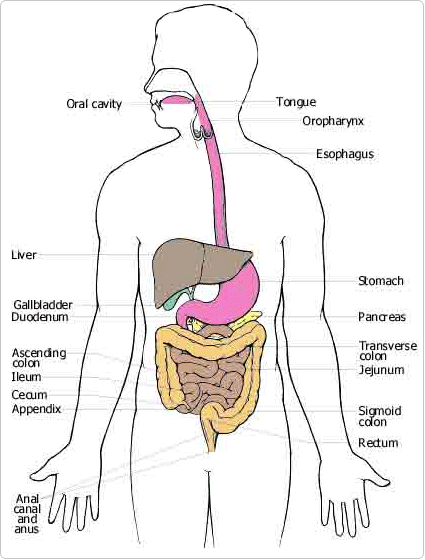



Jonathan Swift wrote that some books are meant to be tasted, some swallowed, chewed, and digested, and others thrown up.
How to make the most of your chosen style with word games, imaginative exercises, and free writing.
Feast or Famine
Overwriting and Underwriting
Chapter Twenty-Eight: Digestion Or Indigestion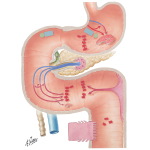
Are you providing nourishment or purposely food poisoning your audience? How to make your work digestible 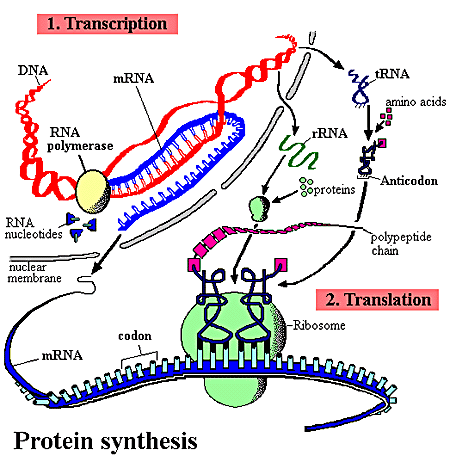
Chapter Twenty-Nine: Elimination
How to purify, prune, and polish your final draft, keeping what you don't need or want for other projects. 

 Sometimes it takes another eye or editor to prune your draft. Sometimes you can change personalities and edit your own work. I had to do the development, line and copy edits and proofreading for my 700 page large trim size trilogy--it wasn't easy. On the other hand, another person could destroy your work through editing. We take our kidneys for granted, but they do a great job at filtering waste. Does the bladder fill and empty regularly and painlessly?
Sometimes it takes another eye or editor to prune your draft. Sometimes you can change personalities and edit your own work. I had to do the development, line and copy edits and proofreading for my 700 page large trim size trilogy--it wasn't easy. On the other hand, another person could destroy your work through editing. We take our kidneys for granted, but they do a great job at filtering waste. Does the bladder fill and empty regularly and painlessly?
We eliminate fecal matter through our colon. Does your story give the audience diarrhea or constipation, or are they producing a plump, healthy, well-formed bowel movement? Like your audience, cows feel relieved after a good poop! How do you know what to eliminate and what to keep?
How do you know what to eliminate and what to keep?
Chapter Thirty: Metabolism, Catabolism and Anabolism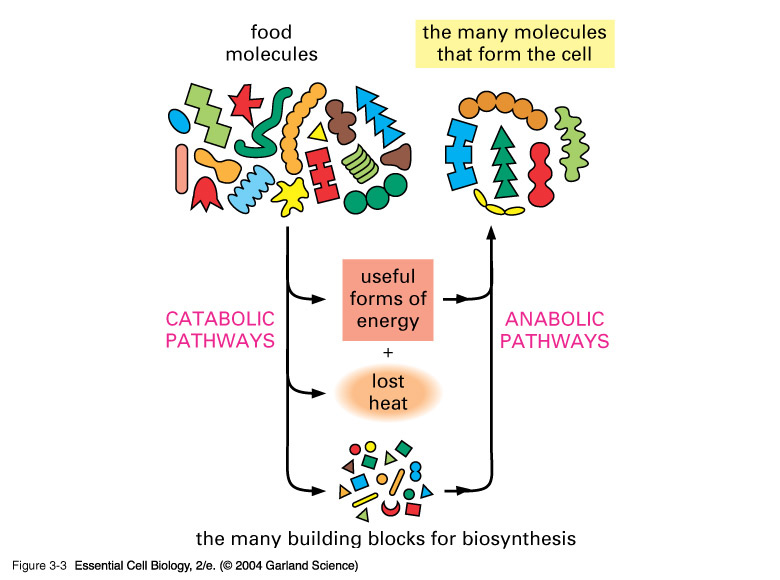
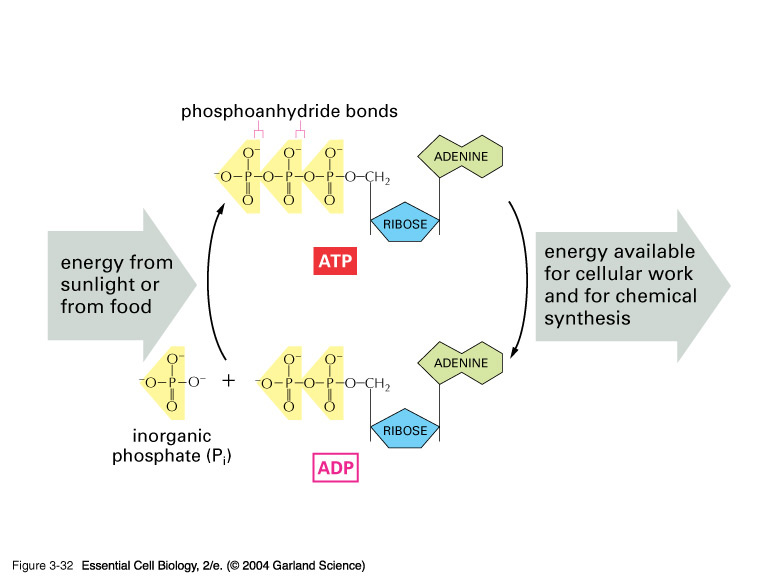
The genres I see are as follows: 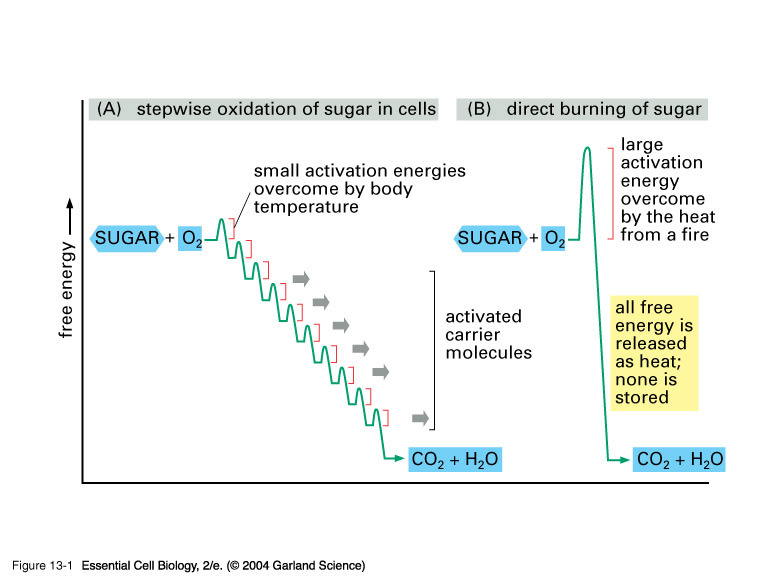
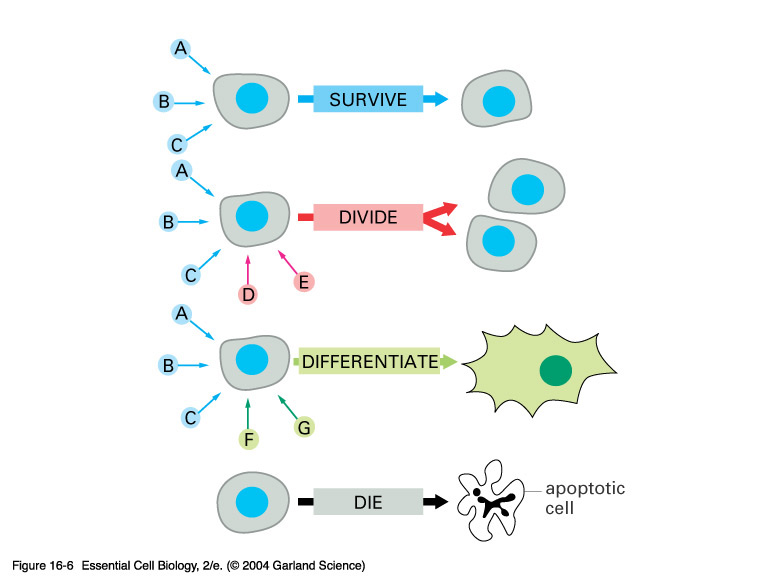
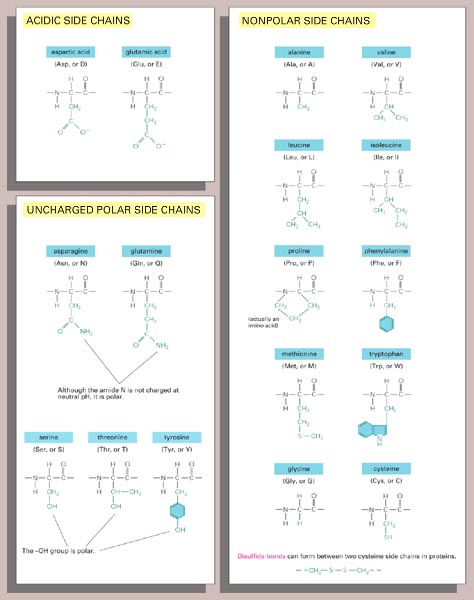 Protein breaks down into branched amino acid chains.
Protein breaks down into branched amino acid chains.
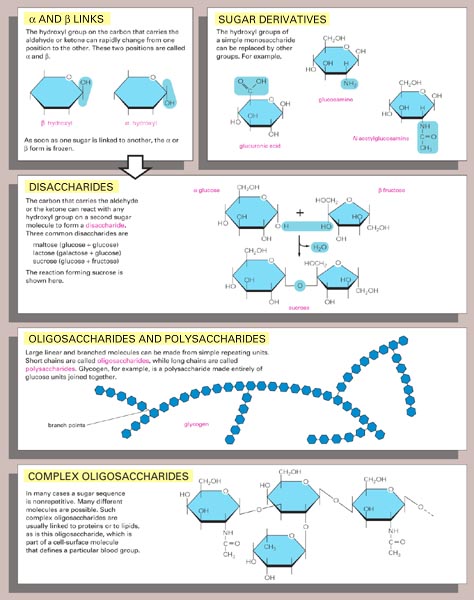 All those delicious fruits, veggies, and starches just break down into complex and simple sugars.
All those delicious fruits, veggies, and starches just break down into complex and simple sugars.
All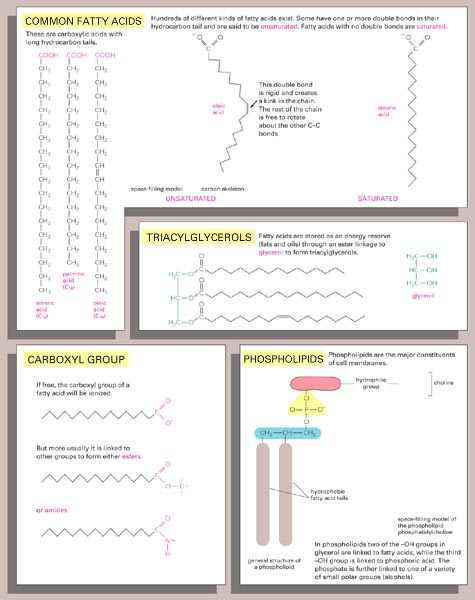 Fatbreaks down differently from sugar and protein.
Fatbreaks down differently from sugar and protein. 
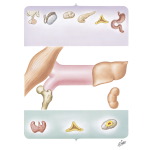
Your story breaks down into emotions that trigger memories in your reader.
Fear What affect does your writing have on the reader or your film on the audience?
Horror
Thriller
War
Western/Eco
Action-Adventure including Sports
Sci Fi
Fantasy
Laughter
Satire
Farce
Comedy
Romantic Comedy
Romantic Drama
Drama
Melodrama
Tragedy
Tears
Or could it be in terms of subject matter-- love (all kinds of love, erotic, familial, divine, companionship), crime/law/war, (from whose POV?), medicine (death and disease), politics, disaster, other worlds-- sci fi/fantasy. What else is there? Each of these subjects can have a thriller, (think and feel) a horror picture, (feel) an action-adventure, (feel) a tragedy, (feel and think) a drama, (feel and think) a melodrama, (feel) a romantic drama, (feel and lust) a romantic comedy, (feel and laugh) a comedy (laugh and think) or farce (laugh out loud) or satire, (think and laugh) moving from fear to tears to laughter.
There are various levels of believability in all genre.
Audience expectations, subject matter, content. Content is where the trouble comes because of advertising, sponsors, popularity, censorship. While Shakespeare layered his plays, many producers want everything dumbed down so that everyone will understand everything. But there are films that make us think. A Beautiful Mind was made more palatable with hip, teenage students, beautiful women, funny lines about sex, the literal embodiment of his fantasies, the omission of awkward, messy facts, the romantic drama and the happy ending. De Toqueville said this years ago: Americans want to identify with the hero. If they don't understand or sympathize with the mission, the film will not fly. But you have to be popular with enthusiasm. When you do your best, it has to be mass market. If you dumb down too much, it loses its sincerity, its authenticity, its punch.
Genre can overlap, be combined and switched around for surprise, but it is important to think of audience expectations.
Besides genre, it is important to know whether the film is for the big screen, the medium TV-- network or cable, i.e. very censored or only censored somewhat, or eventually the Internet, whether it is for the American or the global market, or both.
My eyes hurt after 2 and a half hours of Star Wars. It is an attempt to grab and seize the global market with its spectacular, meticulously shot sequences. The dialogue is so antiseptic -- just like MacDonalds --robotic, simple but correct vocabulary devoid of idioms or innuendos, on-the-nose, with no character orchestration. There are pages and pages of action sequences without dialogue. The music is also benignly classical contrasting with the high pitched screams and noise of endless battles. It is sci fi but the world is already known-- it is more like a war film, but more violent, with Roman gladiator type combat, huge wars, clones, robots, and non stop fighting which could not be more violent, except for the unconventional weapons. There is some attempt at political allegory but it stays at benign assertions of the value of democracy. Love never rises beyond romantic kisses, hugs and glances between gorgeous, physically perfect adolescents. There is no characterisation except the stereotypes that carry the story.
Biorhythm? The desire for endless war, combat, violence, and a really sickening amusement park ride. I was bored to the point of falling asleep (3 times) then nauseous, irritated and in pain visually and aurally. But it was the violence that hit me most. It is also a film for the whole family and every culture so that it will make as much money as possible.
Yet it makes Americans out to be techie wizards, extremely aggressive, benignly and almost stupidly political, totally naive and superficial about love. It isn't really a global statement-- it's as bad for the eyes as McDonalds is for the gut. Yet it is visually beautiful and if I were a cinematographer, I would be proud of my work.
1) the world in which it is created:
a) American naturalistic contemporary,
b) global indigenous,
c) historical or period,
d) sci fi,
e) aesthetic-- surrealist, impressionist, i.e. blue lens over the set as in Blue Velvet,
f) musical,
g) animation,
h) cyberspace,
i) extreme outdoor set,
j) fantasy elements but not complete sci fi. Superman Spiderman etc.
Content
2) the subject matter or area where main motivations occur
a) love, including sex, obsession, self-love, family love, and companionship--brotherhood, sisterhood. includes hate
b) money for greed or survival, not just the mundane weekly salary unless the character is starving
c) fame-- adulation of everyone
d) power-- governmental politics but all power plays with high stakes
e) ideals-- religious, or freedom, honesty, even magical or superhuman power -- as long as character is willing to sacrifice for them
f) crime-- anything that is against the law-- theft, murder, rape, arson, conspiracy, embezzlement-- from the point of view of the victim, (thriller) the lawyers (courtroom), detective, perpetrators (gangster) etc. Western can be in crime or war or both.
g) war-- legitimate and illegitimate wars-- between real or fictional characters with all the devastation, honor, patriotism, horror that this implies.
h) adventure-- i.e. anything for fun, battling nature for outdoor sports, or teams for sports, concerts etc. The goal is to have fun. The mode is action.
i) birth-- the desire to give birth, if you can't, either literally to a baby or to an invention or idea, or coming of age-- to give birth to an older, more mature self as in BIG.
j) death-- fighting addictions, fighting diseases, shamans, doctors, patients etc.
k) disaster--natural or manmade-- where fighting the disaster is the focus more than a war or a plague which would be in other categories
In Waiting for Godot, it is about the hope for or absence of God, hope, higher power; it isn't really about waiting for godot. Exit the King is about fighting death with an existential appreciation of life. Motivations need not be conscious or wilful. If the space scientist wanted to be a ballerina and wanted Michael Jackson and then was confronted with the possibility of real love and a chance to really help people, then there would be drama as she was forced to choose between reality and delusion. Or it is a satire and that is the implication.
75 % of my students have this motive-- to establish a career, or get a good grade, or get into a good school. This won't work for a feature film unless it leads to higher stakes, such as a crime, insipid politics, undying love, or the ability to sacrifice for an ideal. Otherwise people won't identify with this. Or you go into a supernatural realm and you really get supernatural powers. But these mundane, petty motives don't work. Also the love is never strong enough because it mimics real life.
3) Style -- Emotional Manipulation, Aesthetics, Form, Delivery
a) Horror-- Terror and Disgust, personal
b) Thriller-- Fear and Thinking (solving the puzzle), can be personal (erotic0 and sociological (political etc)
c) Action-- Fear changed to Fun, like a roller coaster ride, tease and torment but create a happy ending-- sports, sci fi, children's etc. Vertigo, high stimulation, sometimes annoying and noisy.
d) Tragedy-- not yet in American studio terminology-- combines fear and horror, softening to tears, with an unhappy ending with beauty which demands aesthetic appreciation, Thinking required, personal and sociological
e) Drama-- tears followed by a transformation that brings a better ending, some thinking, can be a romantic drama, political, war, crime but it is transformative, character-oriented.
g) Melodrama, tears without intellect, stays on the personal level, soap opera
h) Romantic Comedy-- Romance is the objective but it is funny with a happy ending
i) Comedy through all the subject matter-- objective is to poke fun, includes screwball, and black or dark comedy
j) Farce-- exaggeration, almost slapstick
k) Parody-- satirize a form
l) Satire-- Hollywood doesn't include this because it is too intellectual.
Hollywood still can't take genre like satire and tragedy that require too much aesthetic appreciation or intellectual development. But this is changing and after 9/11, there may be a market for both tragedy and satire.
 Forks or fingers? Bite-size or big size? Greedy, famished or polite? Next time you are in a restaurant or at a large dinner party, observe how everyone eats. Some cultures eat with their fingers or chopsticks.
Forks or fingers? Bite-size or big size? Greedy, famished or polite? Next time you are in a restaurant or at a large dinner party, observe how everyone eats. Some cultures eat with their fingers or chopsticks.  Chopsticks require manual dexterity and you only get a bit of food at a time, like a Japanese haiku poem.
Chopsticks require manual dexterity and you only get a bit of food at a time, like a Japanese haiku poem. 
 Your first draft can be for yourself, your second for your story, characters, and structure, but eventually you need to do a draft where you are aware of what utensils and servings you are giving to your reader.
Your first draft can be for yourself, your second for your story, characters, and structure, but eventually you need to do a draft where you are aware of what utensils and servings you are giving to your reader.  Sensory description. Smell, taste, hear, see, feel the food. Different tastes for different folks. Global literature. Develop your taste buds with jokes, puns, figures of speech, rhythm, rhyme, and tone color.
Sensory description. Smell, taste, hear, see, feel the food. Different tastes for different folks. Global literature. Develop your taste buds with jokes, puns, figures of speech, rhythm, rhyme, and tone color.
 Do you want to breast feed your audience? Swallowing and Spitting
Do you want to breast feed your audience? Swallowing and Spitting.jpg) Sometimes you want them to go, "ugh!"
Sometimes you want them to go, "ugh!"








 Sometimes it takes another eye or editor to prune your draft. Sometimes you can change personalities and edit your own work. I had to do the development, line and copy edits and proofreading for my 700 page large trim size trilogy--it wasn't easy. On the other hand, another person could destroy your work through editing. We take our kidneys for granted, but they do a great job at filtering waste. Does the bladder fill and empty regularly and painlessly?
Sometimes it takes another eye or editor to prune your draft. Sometimes you can change personalities and edit your own work. I had to do the development, line and copy edits and proofreading for my 700 page large trim size trilogy--it wasn't easy. On the other hand, another person could destroy your work through editing. We take our kidneys for granted, but they do a great job at filtering waste. Does the bladder fill and empty regularly and painlessly?  How do you know what to eliminate and what to keep?
How do you know what to eliminate and what to keep? 



 Protein breaks down into branched amino acid chains.
Protein breaks down into branched amino acid chains.  All those delicious fruits, veggies, and starches just break down into complex and simple sugars.
All those delicious fruits, veggies, and starches just break down into complex and simple sugars.  Fatbreaks down differently from sugar and protein.
Fatbreaks down differently from sugar and protein. 
